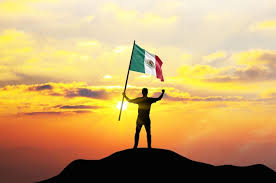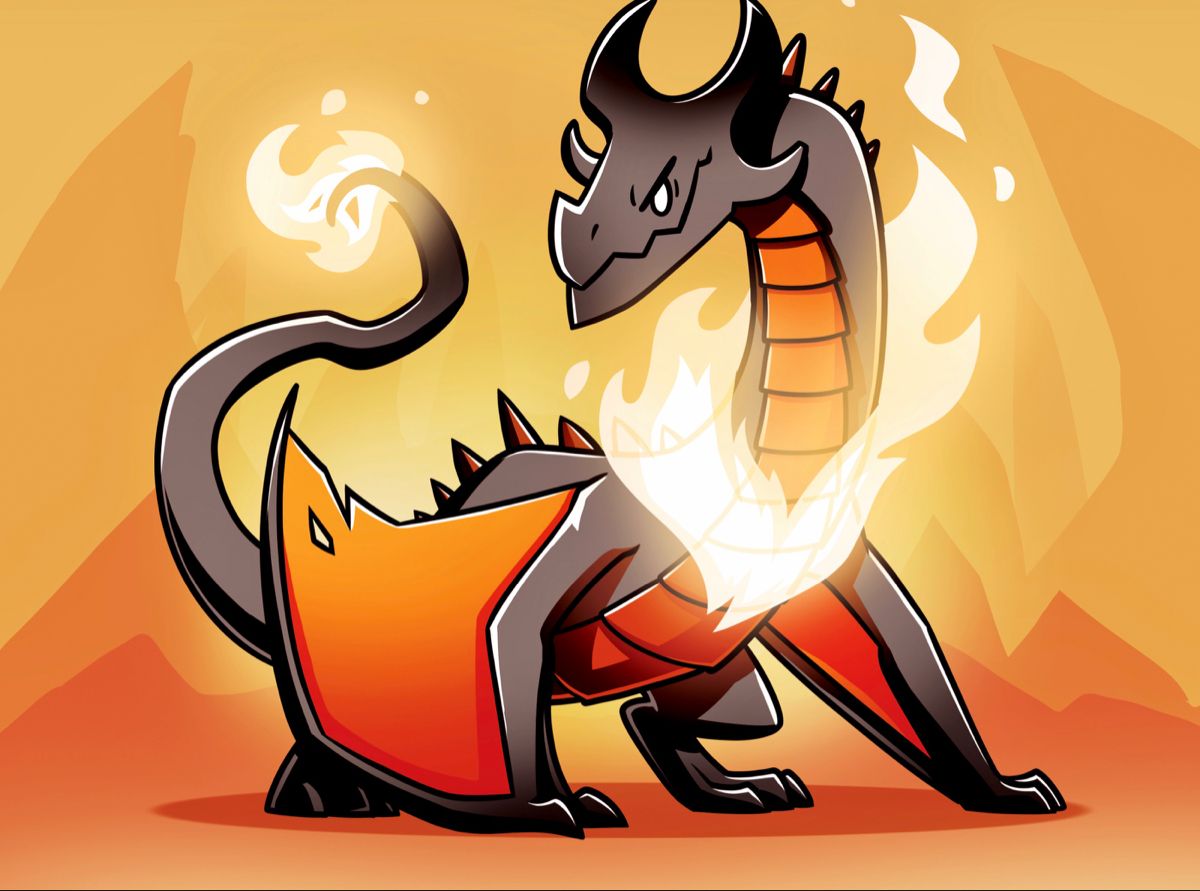Language is a living, breathing force. It changes over time, adapts to different settings, and often becomes a tool for humor, creativity, and connection. One fascinating example of this is the trend known as “Mexican Word of the Day.” Over the past decade, it has become a pop-culture phenomenon, appearing in internet memes, comedy sketches, and social media posts. While many enjoy it for laughs, it also reveals interesting aspects of language play, cultural pride, and even controversy.
In this blog, we’ll dive deep into what Mexican Word of the Day means, how it started, why people find it funny, and what role it plays in Mexican-American and broader cultural conversations.
What is “Mexican Word of the Day”?
At its simplest, Mexican Word of the Day is a humorous meme format where an English word is written out, often phonetically resembling a Mexican-Spanish accent, and then used in a playful sentence. The humor comes from how the word is pronounced, how it resembles Spanish or Spanglish, or how it’s incorporated into a witty phrase.
For example:
- Word: Brief
Sentence: “I told my friend to put on a jacket, but he didn’t brief.” - Word: Juicy
Sentence: “I was looking at your tacos… juicy what I see?”
The joke structure is simple: take a word, mimic the way it might sound with a Mexican accent, and then build a sentence around it that creates a funny twist.
Origins of the Trend
It’s difficult to pinpoint the exact origin of Mexican Word of the Day memes, but they became popular in the mid-2000s with the rise of internet forums, early meme culture, and later, Facebook pages dedicated to “spanglish humor.”
Two key factors influenced its growth:
- Mexican-American Comedy
Comedians like George Lopez, Gabriel Iglesias (“Fluffy”), and others used Mexican-English accent jokes in their stand-up routines. Their popularity helped normalize and celebrate bilingual humor in mainstream entertainment. - Internet Meme Explosion
Platforms like Reddit, Instagram, and Twitter amplified short, punchy jokes. Since “Mexican Word of the Day” jokes only needed a word and a one-liner, they spread quickly and became easy to remix.
By the 2010s, these jokes were everywhere—on t-shirts, meme pages, and even novelty calendars.
Why People Find It Funny
Humor often relies on surprise, relatability, and wordplay. The “Mexican Word of the Day” hits all three:
- Accent Play
Many jokes exaggerate how English sounds when pronounced with a Mexican accent. It’s not about mocking but about recognizing linguistic quirks. For bilingual speakers, it can be a playful reminder of family members who mix Spanish and English in everyday conversation. - Double Meanings
The jokes often take advantage of false cognates (words that look or sound similar in English and Spanish but mean different things). This creates unexpected punchlines. - Cultural Identity
For many Mexican-Americans, these jokes reflect lived experiences. They capture the humor of growing up in bilingual households, where switching between languages can produce funny misunderstandings.
Examples of Popular “Mexican Word of the Day” Jokes
Here are a few classic-style examples:
- Word: Water
Sentence: “I wanted to buy a car, but my credit is so bad… water you gonna do?” - Word: Wheelchair
Sentence: “My friend only has tacos… wheelchair them?” - Word: July
Sentence: “July to me? Tell me the truth!” - Word: Beef
Sentence: “There’s no beef in the fridge… beef careful next time.”
Each one plays on sound similarity, cultural context, and a clever twist.
Cultural Impact
While these jokes started as lighthearted fun, they’ve had a much bigger influence than people might expect.
1. Celebration of Spanglish
In many Mexican-American communities, Spanglish (a mix of Spanish and English) is an everyday reality. These jokes celebrate that blend instead of shaming it, showing how two languages can create unique humor.
2. Identity and Belonging
Laughing at “Mexican Word of the Day” can feel like an inside joke. For Mexican-Americans, it reflects shared cultural experiences and fosters community.
3. Mainstream Popularity
Non-Mexican audiences also embraced the format. The jokes became so popular that they appeared on merchandise—coffee mugs, bumper stickers, and internet videos.
Controversies and Criticism
Despite its popularity, Mexican Word of the Day has also sparked debate. Some argue that it reinforces stereotypes or makes fun of accents in ways that outsiders may misinterpret.
Points of Criticism:
- Stereotyping: Critics argue that exaggerating accents can reinforce negative stereotypes about Mexican immigrants.
- Cultural Appropriation: When people outside the community use these jokes without context, it may feel like mockery instead of celebration.
- Oversimplification: Reducing Mexican culture to “funny accents” ignores the richness of Mexican history, language, and traditions.
Counterpoints:
- Many jokes are made by Mexican-Americans themselves, who see it as reclaiming humor.
- It reflects real-life bilingual dynamics rather than being purely insulting.
- Like all humor, context matters—who’s telling the joke and who’s laughing changes its meaning.
Modern Adaptations
As meme culture evolved, so did Mexican Word of the Day. On TikTok, YouTube, and Instagram, creators now make video versions, where they act out skits using the word in conversation.
Some creators also flip the format: instead of focusing on accents, they highlight funny Spanish-English translations or Mexican slang words that sound humorous in English. For example, exploring words like carnal (which means “brother” in Mexican slang but sounds like “carnal” in English).
Why “Mexican Word of the Day” Endures
In the fast-changing world of internet humor, few formats last long. Yet this trend has been around for nearly two decades. Why?
- Simplicity – Anyone can create a joke with just one word and one sentence.
- Relatability – For millions of bilingual households, these jokes feel personal.
- Adaptability – It works in text, images, video, and even merchandise.
Most importantly, it endures because it’s more than just wordplay—it’s a way for people to laugh at shared experiences, especially the sometimes tricky but always colorful blending of two cultures.
Final Thoughts
The Mexican Word of the Day phenomenon is more than just a set of internet jokes—it’s a reflection of language play, cultural pride, and the way humor helps communities connect. Like any form of comedy, it walks a fine line between funny and offensive, but when done with good intentions, it has brought joy to millions.









